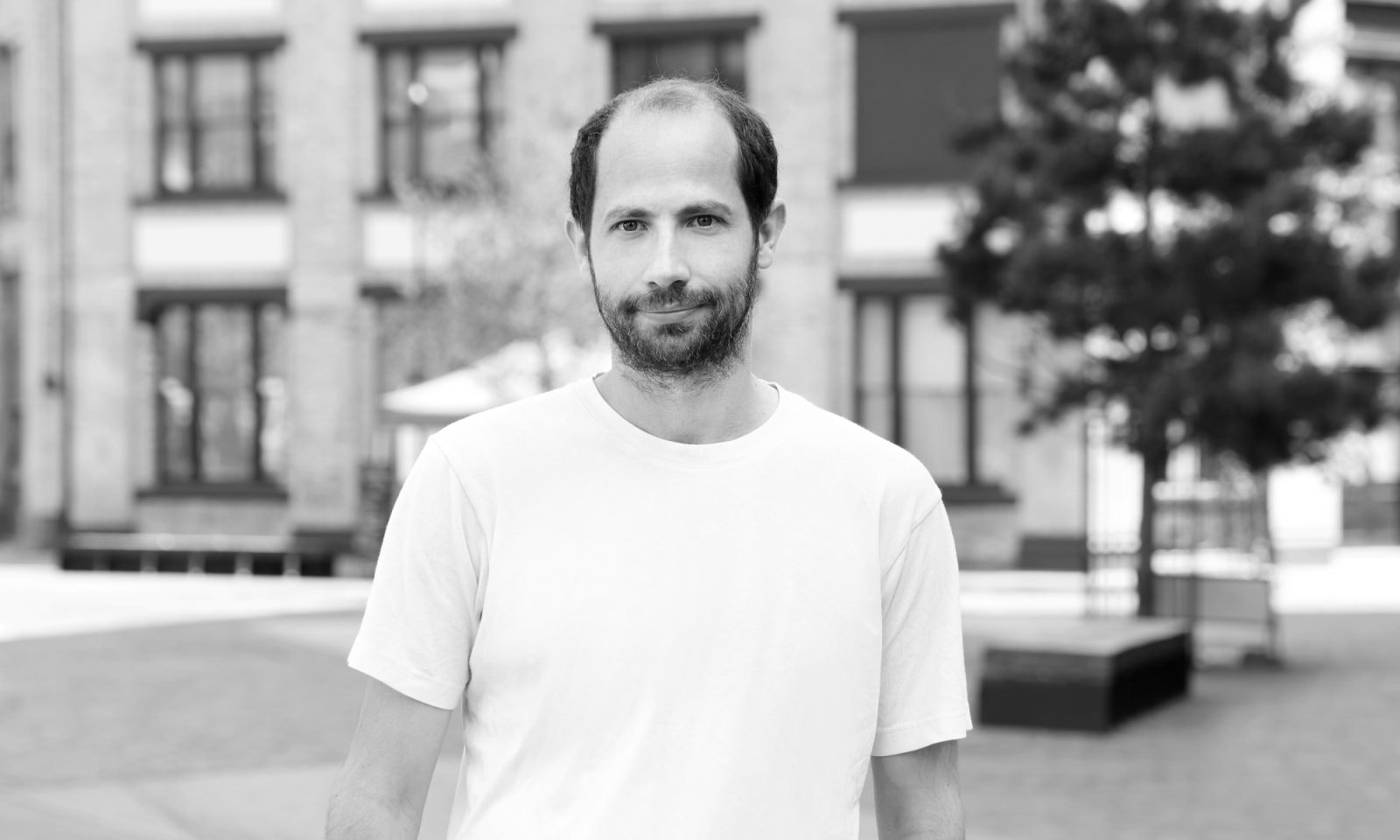Mediatech, which brings new technologies to traditional media, is everywhere.
The big names are obvious — Spotify revolutionised the music industry, as Netflix did for cinema and Amazon for books. But there are also plenty of up-and-coming startups looking to change the game in content creation, production and distribution.
New players range from German startup Coqui, which leverages generative AI to create voice content for video games or dubbing, to Paris-based Qeels, which connects creators with brands.
Mediatech investor Raw Ventures analysed more than 400 mediatech startups that came across its desk as part of a pitch day for companies in the industry.
More than half (58%) of the applications are from Europe, with the majority from four countries: the UK (14%), Spain (12%), Germany (9%) and France (7%).
This is what the data reveals about mediatech startups on the continent.
Mediatech startups are young
Across Europe, two-thirds (67%) of applications came from early-stage startups (businesses founded in the past three years). More than half of the companies were at seed stage and had raised, on average, $1.7m. A good proportion (45%) had not raised any funds at all.
AI is everywhere — even in mediatech
“AI is omnipresent and is being integrated into every stage of content production, ranging from scriptwriting to automating production processes and content distribution,” says Victoria Palatnik, CEO of Raw Ventures. Use cases range from automated camerawork, flawless AI-generated dubbing or highly personalised content recommendations.
It’s all about subscription
Subscription plans are present in one form or another in 80% of startups, making it the most common business model in mediatech. Many startups are also developing marketplaces, such as Italian startup AR Market, which helps companies find AR and VR content.
Raw Ventures also notes that the majority of music-related businesses use a revenue-sharing model. For example, UK-based Setmixer, which offers recording services, shares revenues with musicians and venues.
European mediatech startups are betting on local markets
Although the US might seem like a market of choice, many European startups have opted for a hyper-local approach with an offering tailored to specific cultures and languages. In Spain, 61% of applications received by Raw Ventures focused on local markets, while this was the case for 53% of German applicants. “This localised approach has proven to be effective, especially when compared to attempting global competition with established US giants,” says Palatnik.


